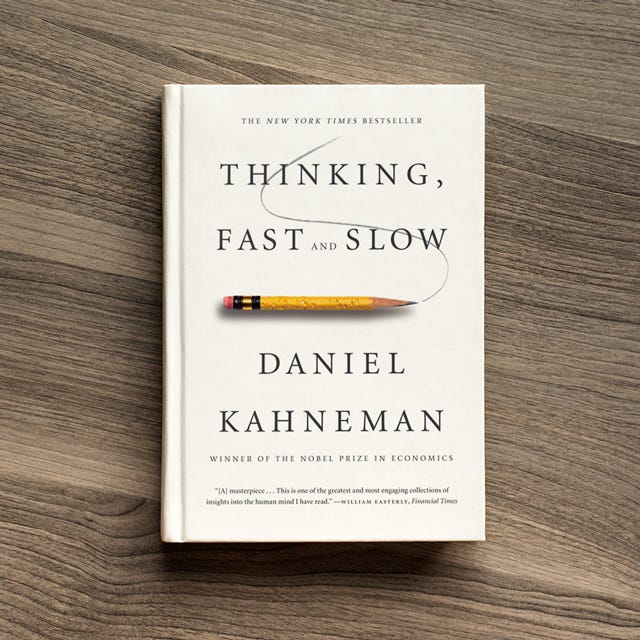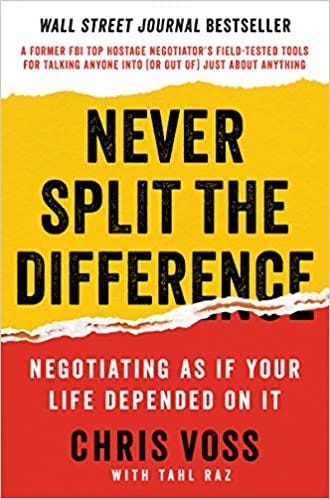Today on Crafting Tech Teams we are discussing the most underrated skill in our industry: soft skills. In today's fast-paced world of technology, it's easy to get caught up in the allure of hard skills—the programming languages, data analysis, and technical expertise that dominate the tech industry.
However, we often overlook the vital role that soft skills play in propelling our professional growth. From tactical empathy inspired by Chris Voss to effective communication and embracing radical candor, these skills can take your tech career to new heights.

The More your soft skills are lacking—the more you undervalue them
A trend I see with engineers, especially early on in their career is that they undervalue soft skills heavily. They emphasise all of their learning and training on technical and engineering areas. When faced with inter-personal issues or cultural politics, they are incentivised to jump ship and job hop, leveraging their tactical expertise.
Until they hit a ceiling. Sound familiar? You may have someone like that on your team. In fact, it might be you.
.
.
.
I used to be that guy.
I started off my career in a stable, old-school agency that valued stability with a corporate, design-minded culture then went full 180 into a range of gritty, hustle-mentality, underpaid positions. That’s where I needed to be to grow.
However, what escaped me was that my communication and leadership skills were far behind my technical ability. As much as 10 years behind if I were to put a number on it. I didn’t realise at the time that this was a skill that could be learned and practised. The concept of soft skills coaching was foreign to me.
It wasn’t until reading books like Never Split the Difference and Thinking, Fast and Slow that I realised there is a whole science behind it.


Tactical Empathy: A Game-Changer in Tech Communication
Labeling and mirroring have helped me tremendously in navigating difficult, jargon-filled conversations. The psychology behind this is simple: rather than focusing on what you want—you facilitate a frame that is context-appropriate and your counter-party can fill it up with story and detail in a manner that doesn’t annoy them.
You know what annoys your product and business stakeholders?
Being drilled with questions about details, details, details. It’s analytical. It’s taxing. It’s about you and your concerns.
By following this simple inversion of communication, you enable them to open up and lead with empathy, nurturing their feeling of actually being heard for once.
Call-to-Action: Engineering x Product Coaching—Event Storming
I coach this kind of workshop often and facilitate department-binding conversations and training in a few hours. Participant feedback and collaboration has been stellar!
I still have some availability in Q3 2023, so if you’d like to dip your toe into team coaching, reach out to me. Slide me a DM and you’ll quickly figure out if this is a fit for you and how much immediate impact you can extract.
Bypass JIRA: Business is always Human-to-Human
The person creating a spec, an idea, an initiative and authoring a document for it is the person with the most emotional attachment. You’ve seen this no doubt:
PO’s attached to their stories
Engineers attached to their refactoring tickets and greenfield projects
Stakeholders obsessing about a CSV export button
Your CEO wanting AI, ML and langchain on every chart in the system
This mix of emotional attachment of the author and the cold, objective execution of the process can be a career-defining, difficult mix to navigate. Avoidance on this matter usually leads to split, divorced camps, grumpy behavior and an us-vs-them mentality across departments.
All written communication is absent of the author’s mood, tone of voice and charisma. Instead, it will be perceived and interpreted by the reader’s current mood. So if you get a really nice, well-meant email saying,
“Great job today on the sales call. What about lunch tomorrow?!”,
and you just had a heated exchange with your SO. You will read it like this
“Great job today on the sales call. WHAT ABOUT LUNCH TOMORROW??”
You’ll freak out thinking you forgot something. This happens all the time, especially in Code Reviews and long-winded Story ticket discussions.
Meetings Should Support your Core Values
Core Values - the ones you stick to that cost you money
I stumbled upon this quote rewatching the Lex Fridman Podcast #364 with Chris Voss. A powerful quote. Makes you think about how deep the saying “Stick to your values” goes. I was fascinated because it reminded me of many teams who stick to bad core values.
A meeting without an agenda is going to suck every time, all the time. If you favour certain values of others, e.g. intuition over data, it’s important those values are reflected in the way you approach decisions in meetings.
Was the meeting called to discuss a proposed decision?
Is the agenda to make the decision?
Who should make the decision?
When?
Who in the room is annoyed?
Who is attached a preferred outcome?
When left unaddressed, the above friction areas quickly derail any objective discussion into a chaotic swarm of indecision and new ideas. When possibly, ask yourself why you are on the meeting, what can you learn?
If there are others, why are they there? If this is laid out into the open early on, negotiations quickly come to a conclusion as no one has any agenda to hide or protect, concerned they’d be ignored or steamrolled.






I think undervaluing soft skills is far too easy to do. I was guilty of it too. I'm still playing catch-up.